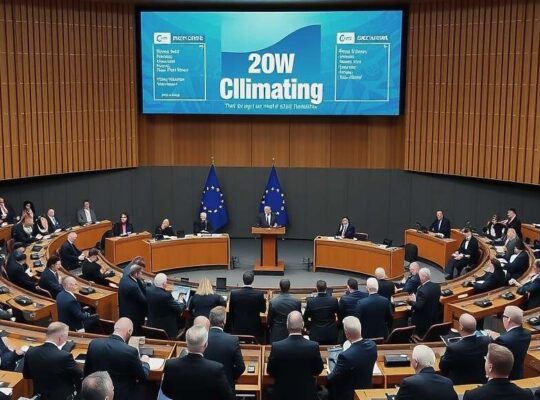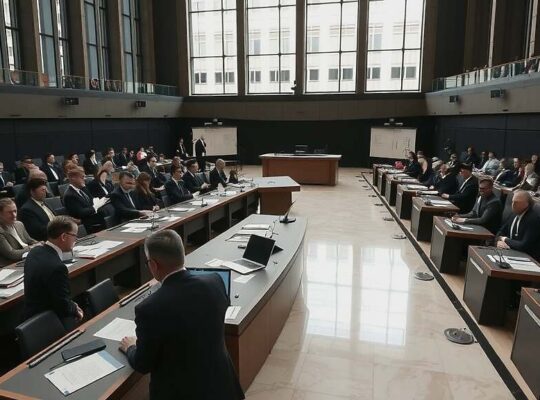Germany’s ambitious effort to bolster domestic pharmaceutical production and reduce reliance on Chinese and Indian antibiotic imports appears to be failing, according to recent findings. The law, implemented two and a half years ago and intended to incentivize European manufacturers by requiring health insurers to prioritize locally produced active pharmaceutical ingredients (APIs) in their procurement processes, has demonstrably failed to stimulate investment in EU production facilities or expansions of existing capacities.
Investigations by the “Frankfurter Allgemeine Sonntagszeitung” reveal a persistent inability for health insurers to consistently source European suppliers for numerous essential antibiotic APIs. Insurers have successfully located European providers in only just under half of the cases since the law’s introduction, with orders for a significant number of widely prescribed antibiotics continuing to flow to Asia.
Critics argue the legislation, championed by former Health Minister Karl Lauter, has proven inadequate. While a comprehensive evaluation of the “Act to Combat Medicine Supply Shortages and Improve Care” is scheduled for completion by the year’s end, preliminary data indicate a minimal impact on the overall number of reported supply shortages, which currently stands at 553.
Anke Rüdinger, Deputy Chair of the German Pharmacists’ Association, voiced concerns that the dependence on overseas manufacturing remains substantial, warning that the consequences could be severe if supply chains falter during winter months. The situation exposes a concerning vulnerability within Germany’s healthcare infrastructure and raises serious questions about the government’s strategic approach to securing access to vital medicines. The lack of tangible results necessitates a reassessment of the legislation and a more aggressive strategy to encourage and support European pharmaceutical production. This failure also presents a broader political challenge: addressing the long-term implications of globalized supply chains and strengthening national healthcare resilience.












